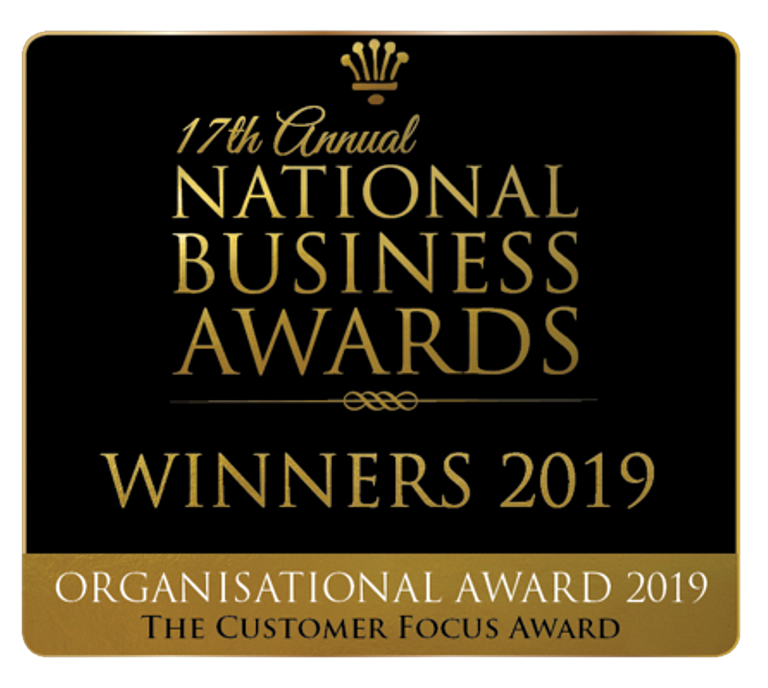“Consortium or Joint Venture” – Definition: an association of persons for the purpose of combining their expertise, property, capital, efforts, skill and knowledge in an activity for the execution of a contract.
How should the VAT be treated, where an invoice was supplied for goods or services rendered by a joint venture, using only the VAT number and banking details of one of the vendors to the joint venture?
* National Treasury published the draft Tax Administration Laws Amendment Bill, 2018 (TALAB) on 16 July 2018. The TALAB includes the legislative amendments for the more complex tax proposals that were announced in the 2018 Budget Review on 21 February 2018.
 It should be noted that while appointing a joint venture to provide goods or services, where a Municipality effected payment to the bank account of one of the members of the joint venture as indicated on the relevant invoice, the VAT number for that Vendor should be used to recover VAT.
By this token, the essence of the joint venture agreement was compromised and the VAT liability together with the corresponding input tax credit is in relation to the vendor of the joint venture and not the ‘joint venture’ itself.
It should be noted that while appointing a joint venture to provide goods or services, where a Municipality effected payment to the bank account of one of the members of the joint venture as indicated on the relevant invoice, the VAT number for that Vendor should be used to recover VAT.
By this token, the essence of the joint venture agreement was compromised and the VAT liability together with the corresponding input tax credit is in relation to the vendor of the joint venture and not the ‘joint venture’ itself.
THE LAW: VAT Act No.89 of 1991 Section 1 – Definitions
“enterprise” means –- in the case of any vendor, any enterprise or activity which is carried on continuously or regularly by any person in the Republic or partly in the
- opened a banking account with any bank, mutual bank or other similar institution, registered in terms of the Banks Act, 1990 (Act No. 94 of 1990), for the purposes of his or her enterprise carried on in the Republic and furnished the Commissioner with the particulars of such banking account.”
- has not opened a banking account with any bank, mutual bank, or other
APPLICATION OF THE LAW
Two joint ventures (comprising of bodily members) appointed by a Municipality, were not registered for VAT as a joint venture. With reference to sections 51(1) and section 1 of the VAT Act, No.89 1991, joint venture enterprises are regarded as separate entities for VAT. Accordingly, joint ventures should comply with the following requirements (as summarised):- Retain its own records for accounting purposes;
- Have its own registered transacting bank account;
- Be registered for VAT in its own capacity as a joint venture;
- Issue and receive invoices in the name of the joint venture.
 It should be noted that while appointing a joint venture to provide goods or services, where a Municipality effected payment to the bank account of one of the members of the joint venture as indicated on the relevant invoice, the VAT number for that Vendor should be used to recover VAT.
By this token, the essence of the joint venture agreement was compromised and the VAT liability together with the corresponding input tax credit is in relation to the vendor of the joint venture and not the ‘joint venture’ itself.
It should be noted that while appointing a joint venture to provide goods or services, where a Municipality effected payment to the bank account of one of the members of the joint venture as indicated on the relevant invoice, the VAT number for that Vendor should be used to recover VAT.
By this token, the essence of the joint venture agreement was compromised and the VAT liability together with the corresponding input tax credit is in relation to the vendor of the joint venture and not the ‘joint venture’ itself.














